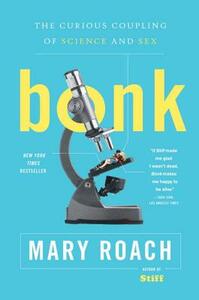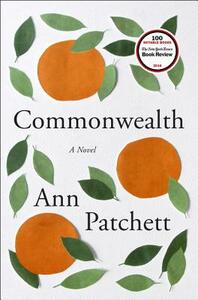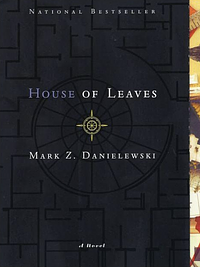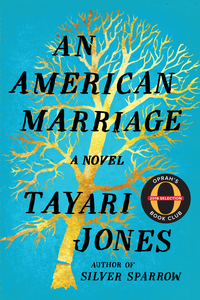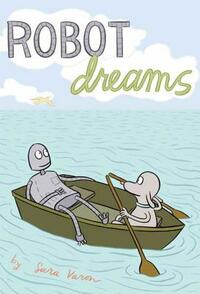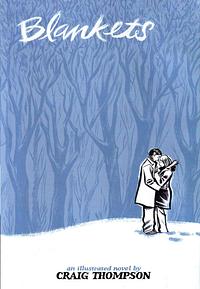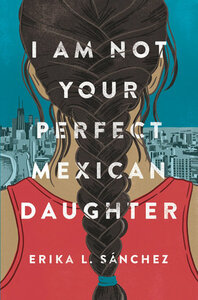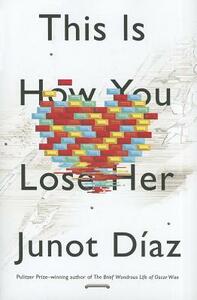Take a photo of a barcode or cover
sargasso_c's Reviews (516)
Commonwealth is the senseless breaking of a perfectly nice mason jar, and then pausing, for hours, to inspect all the differently-shaped glittery pieces left. on the tile floor. I felt every sharp edge and ruined curve. Patchett’s found a style and narrative that embraces her completely.
House of Leaves is a mind-breaking book. Know going in that it will make you feel as if you are slowly losing your grip on reality. You will start to wonder if your own house measures a few inches smaller on the outside than it does on the inside. You will also wonder if the creaks you hear at night are not the mundane “house settling” noises you’ve been telling yourself that they are. What will you do when you realize that your “safe haven,” your home, is just as cold and damp as any spot outside? I’ll tell you - you will read the next page of this book. Yes, this book is a novel, but do you know for sure that it is not a bound historical record? The differences are small and hard to discern, but your peace-of-mind might depend on it.
This book is a branch of a vein that runs through African American women. More review to come later.
I picked up this book for the cute drawing of a robot and dog on the cover - the juxtaposition of the two very different characters caught my eye. I expected to read a few pages and place it back on the shelf. Instead, I encountered a graphic novel that I Could. Not. Put Down. With simple yet all-describing drawings, this book manages to capture the essential meaning of melancholy. What does it mean to abandon a friend, and what does it mean to be abandoned? Here, Varon provides the answers. With little judgement and lots of comfort, she presents an abstract, worrying concept with grace.
This was an interesting read. While Zink definitely holds the crown for "weird prose that doesn't necessarily have to make sense down the line," I am more partial to prose that is weird for a reason, even if I don't know that reason. Zink didn't seem to have a reason for her weirdness other than her own enjoyment, which while entirely valid, wasn't my cup of tea when reading this book. Her satire often either went over my head or fell flat. The narrative was an interesting one, but I feel it would have been even better quips aside.
The idea of a woman running from a husband who isn't overtly violent, but who does so to save her innermost self (even if she doesn't make use of that innermost self until years later) is intriguing. I even enjoyed the surface cavalier-ness with which Meg was able switch lives. However, a white family flippantly posing as a black one for years on end and hardly ever acknowledging the racial nuances of the situation, I did not find in good taste. I wasn't offended per se, but that type of satire (?) isn't something I enjoyed.
I wish the racial issues had been treated with more gravity. I feel the point of the "race switch" was to point out how arbitrary and unimportant race is when stripped of its social constructs and assumptions. However, nothing happens in a vacuum and I don't feel that this was the best way to make that point. There is a scene with one of the dark-skinned black characters towards the end of the book in which he is the victim of harassment because of the color of his skin, and both he and Meg treat the entire situation very lightly. I'm not even arguing against that surface reaction, but - again - I wished Zink had shown that the flippancy with which the situation was handled masks a deeper gravity. I like my racial commentary fleshed out, thick, and considering multiple perspectives (especially those of the race that is being commented on).
Overall I found this to be a quick, silly, entertaining read whose prose seemed to reach very far and often left me standing in the dust behind it, trying to catch up.
The idea of a woman running from a husband who isn't overtly violent, but who does so to save her innermost self (even if she doesn't make use of that innermost self until years later) is intriguing. I even enjoyed the surface cavalier-ness with which Meg was able switch lives. However, a white family flippantly posing as a black one for years on end and hardly ever acknowledging the racial nuances of the situation, I did not find in good taste. I wasn't offended per se, but that type of satire (?) isn't something I enjoyed.
I wish the racial issues had been treated with more gravity. I feel the point of the "race switch" was to point out how arbitrary and unimportant race is when stripped of its social constructs and assumptions. However, nothing happens in a vacuum and I don't feel that this was the best way to make that point. There is a scene with one of the dark-skinned black characters towards the end of the book in which he is the victim of harassment because of the color of his skin, and both he and Meg treat the entire situation very lightly. I'm not even arguing against that surface reaction, but - again - I wished Zink had shown that the flippancy with which the situation was handled masks a deeper gravity. I like my racial commentary fleshed out, thick, and considering multiple perspectives (especially those of the race that is being commented on).
Overall I found this to be a quick, silly, entertaining read whose prose seemed to reach very far and often left me standing in the dust behind it, trying to catch up.
This book opened my heart, read it back to me, and left me vulnerable in a quiet room. This is a YA novel that all ages must read. The way Sánchez arranges her words (simply, yet with so much intention) is a gift and an honor to be a part of.
These stories tore me apart. At their hearts are people desperately falling in love and breaking bones as they do so. I was introduced to Yunior in another Diaz book, and love him to this day.
This book made me appreciate saccharine love stories again. Menon highlighted a fear that many women have had since the dawn of time, but a fear especially had by women born in the last several decades: that one must sacrifice one's passion for love. She created a character, a wonderfully smart, determined, and admirable teenager named Dimple, that is determined not to succumb to this fate. And Menon made her fall in love. This book is not just sweet, it's encouraging and it's true.
